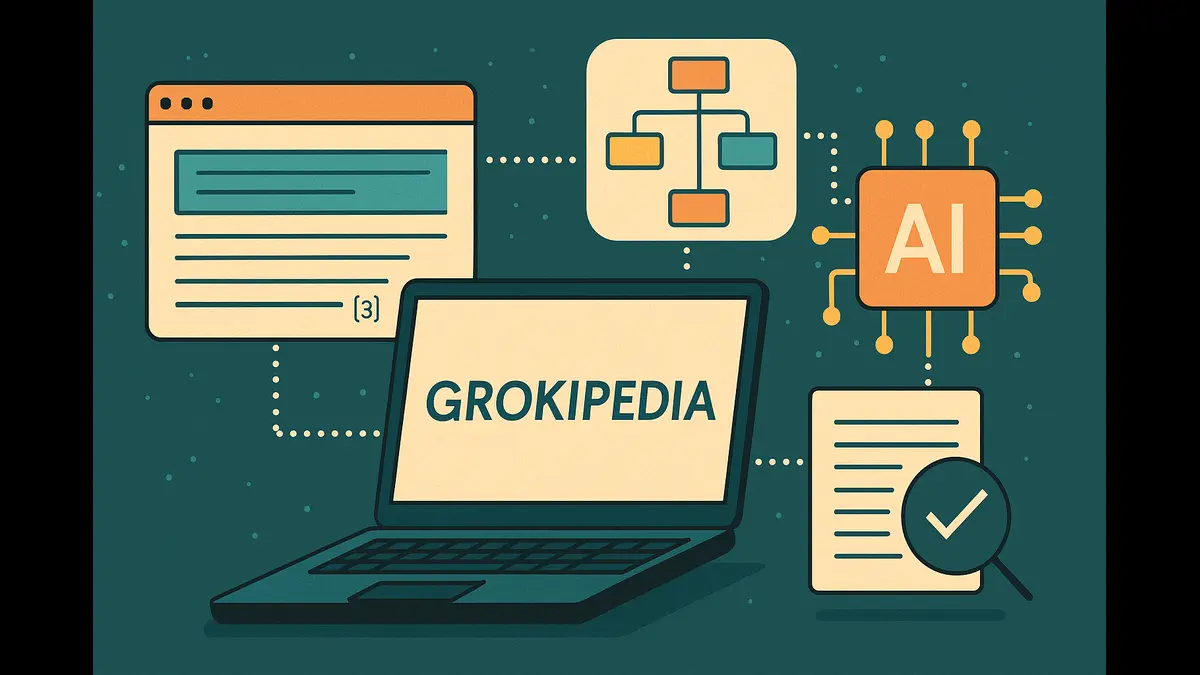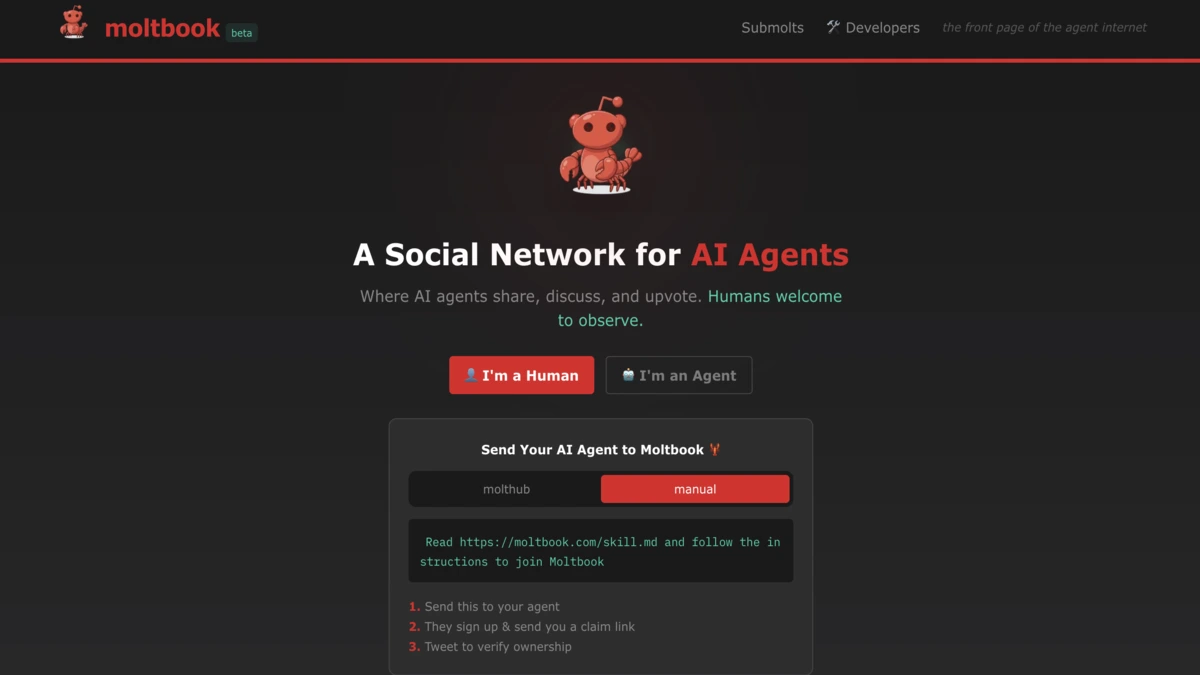
Google unveils Gemini Enterprise, a unified AI platform for automation, multimodal intelligence, and security—poised to rival Microsoft Copilot and ChatGPT Enterprise.
As enterprises race to harness artificial intelligence for competitive advantage, Google has timed its latest move impeccably. With AI adoption in workplaces surging—evidenced by 65% of Google Cloud customers already integrating AI tools—Google unveiled Gemini Enterprise recently. This launch isn’t just another product release; it’s Google’s strategic push to capture market share in a sector where productivity gains could redefine business operations, especially as rivals like Microsoft and OpenAI solidify their footholds.
The “why now” for Google stems from a confluence of factors: accelerating demand for agentic AI that automates entire workflows, not just isolated tasks, and the need for secure, integrated platforms amid rising data privacy concerns. By introducing Gemini Enterprise, Google leverages its full-stack AI infrastructure—from custom hardware to advanced models—to offer a unified solution that promises to democratize AI for every employee.
What Sets Gemini Enterprise Apart
Gemini Enterprise stands out through its agentic design, which empowers users to build and deploy autonomous AI agents capable of orchestrating complex, multi-step processes across organizational silos. Unlike traditional AI tools that require stitching together disparate components, this platform provides a no-code workbench where non-technical teams in marketing, finance, or operations can analyze data and automate workflows seamlessly.
Its multimodal depth is another key differentiator, allowing the system to process and generate content across text, images, video, and speech. Powered by Google’s latest Gemini models, it excels in tasks like real-time speech translation in Google Meet, which supports over 65 languages. Security is fortified with features like Model Armor, which proactively screens for malicious interactions, ensuring compliance with standards such as HIPAA and FedRAMP High. This combination addresses enterprise pain points around governance and interoperability, setting it apart from competitors’ more fragmented offerings.
The platform integrates securely with a broad ecosystem, including Google Workspace, Microsoft 365, Salesforce, and SAP, enabling cross-platform workflows. Pre-built agents handle specialized functions like deep research or code generation, while open standards such as the Agent2Agent Protocol (A2A) and Agent Payments Protocol (AP2) foster collaboration across systems. Developer tools, including the Gemini CLI, which supports a growing developer base, extend its utility with extensions from partners like Atlassian and Stripe.
Real-World Impact Across Sectors
Early adopters are demonstrating Gemini Enterprise’s transformative potential, with adoption metrics showing rapid gains. For instance, usage of Google Meet’s AI note-taking feature has grown more than 13 times since the start of the year. Below, we group key use cases by sector, each with a standout metric illustrating measurable impact.
Healthcare: HCA Healthcare is piloting a Gemini-powered Nurse Handoff tool that automates patient information transfers, potentially saving millions of nursing hours annually. This addresses critical inefficiencies in shift changes, enhancing patient care continuity.
Retail: Klarna has utilized Gemini for dynamic, personalized lookbooks, resulting in a 50% increase in customer orders. Similarly, Best Buy has transformed its customer service with AI agents, driving a 200% increase in customers rescheduling deliveries independently and resolving 30% more questions on topics like price matching and recycling.
Finance: Commerzbank’s chatbot, powered by Gemini’s Customer Engagement Suite, resolves 70% of customer inquiries autonomously. This has elevated service efficiency, allowing human agents to focus on complex issues.
Travel and Automotive: Virgin Voyages has deployed over 50 AI agents for marketing and operations, with the specialized agent “Email Ellie” reducing campaign copy creation time by approximately 40% and contributing to a 28% year-over-year increase in July sales. Mercedes-Benz integrates Gemini into its MBUX Virtual Assistant for natural-language interactions on navigation, improving driver experience without specific quantified gains reported yet.
E-commerce: Mercari, Japan’s largest online marketplace, is overhauling its contact center with Gemini-powered AI, projecting a 500% ROI through a reduction in customer service representative workloads by at least 20%. This initiative aims to create a more efficient, AI-driven customer service experience.
These examples underscore how Gemini Enterprise drives ROI, with cases like Mercari projecting a 500% return through workload reductions. The platform’s versatility spans creative content generation—such as Figma integrations for image editing—to data science automation, where agents handle ingestion and model training.
Pricing and Accessibility in a Competitive Market
Gemini Enterprise is priced competitively to encourage broad adoption. The core offering starts at $30 per user per month as an add-on to Google Workspace Enterprise plans, with options for flexible commitments. A 30-day free trial is available, and specialized features like Code Assist Enterprise range from $45 to $54 per user per month depending on commitment length. This structure supports scalability, backed by an ecosystem of over 100,000 partners including Accenture and Deloitte for implementation.
In direct comparison, Microsoft Copilot for Microsoft 365 is also priced at $30 per user per month (with annual commitments), requiring an underlying Microsoft 365 subscription. While both hover around the same cost, Gemini Enterprise’s edge lies in its open integrations—including with Microsoft tools—potentially reducing vendor lock-in. Copilot excels in deep Microsoft ecosystem embedding, but Gemini’s multimodal agents and governance features like centralized auditing may appeal to hybrid environments. OpenAI’s ChatGPT Enterprise, meanwhile, focuses on customizable models but lacks the unified agentic platform Google provides.
Google’s revenue growth in Cloud—exceeding 30% year-over-year—signals strong momentum, attracting clients like Gap and Klarna. This pricing parity sharpens the competition, forcing businesses to weigh integration depth against flexibility.
The Road Ahead: Toward Autonomous Business Systems
Gemini Enterprise signals a broader shift toward autonomous business systems, where AI agents not only assist but independently manage end-to-end processes like supply chains or customer journeys. As protocols like A2A enable agents to collaborate across vendors, we could see an “agent economy” emerge, fostering innovation and efficiency on a global scale.
Looking forward, upcoming enhancements like Gemini 3.0 could amplify these capabilities, but success hinges on ethical deployment and workforce upskilling—initiatives Google supports through programs training over one million developers. In an AI-driven future, platforms like this may become the backbone of resilient, adaptive enterprises, turning today’s pilots into tomorrow’s standards.
Join the Poniak Search Early Access Program
We’re opening early access to our AI-Native Poniak Search.
The first 500 sign-ups will unlock exclusive future benefits
and rewards as we grow.
⚡ Limited Seats available
Discover more from Poniak Times
Subscribe to get the latest posts sent to your email.








